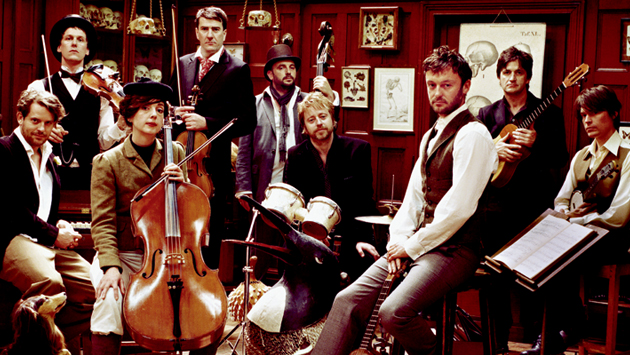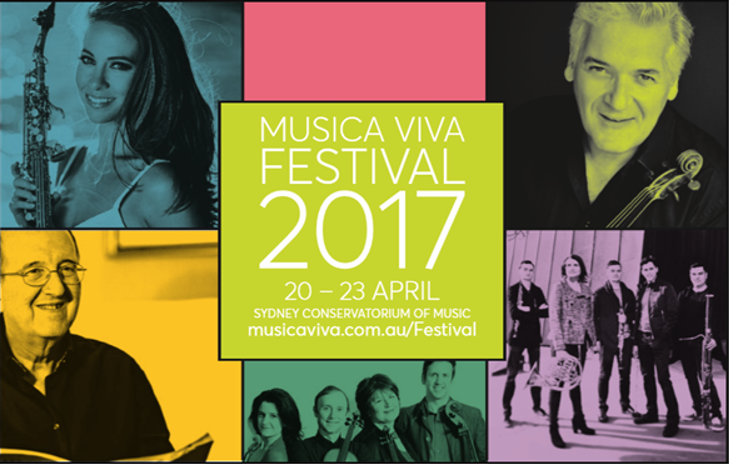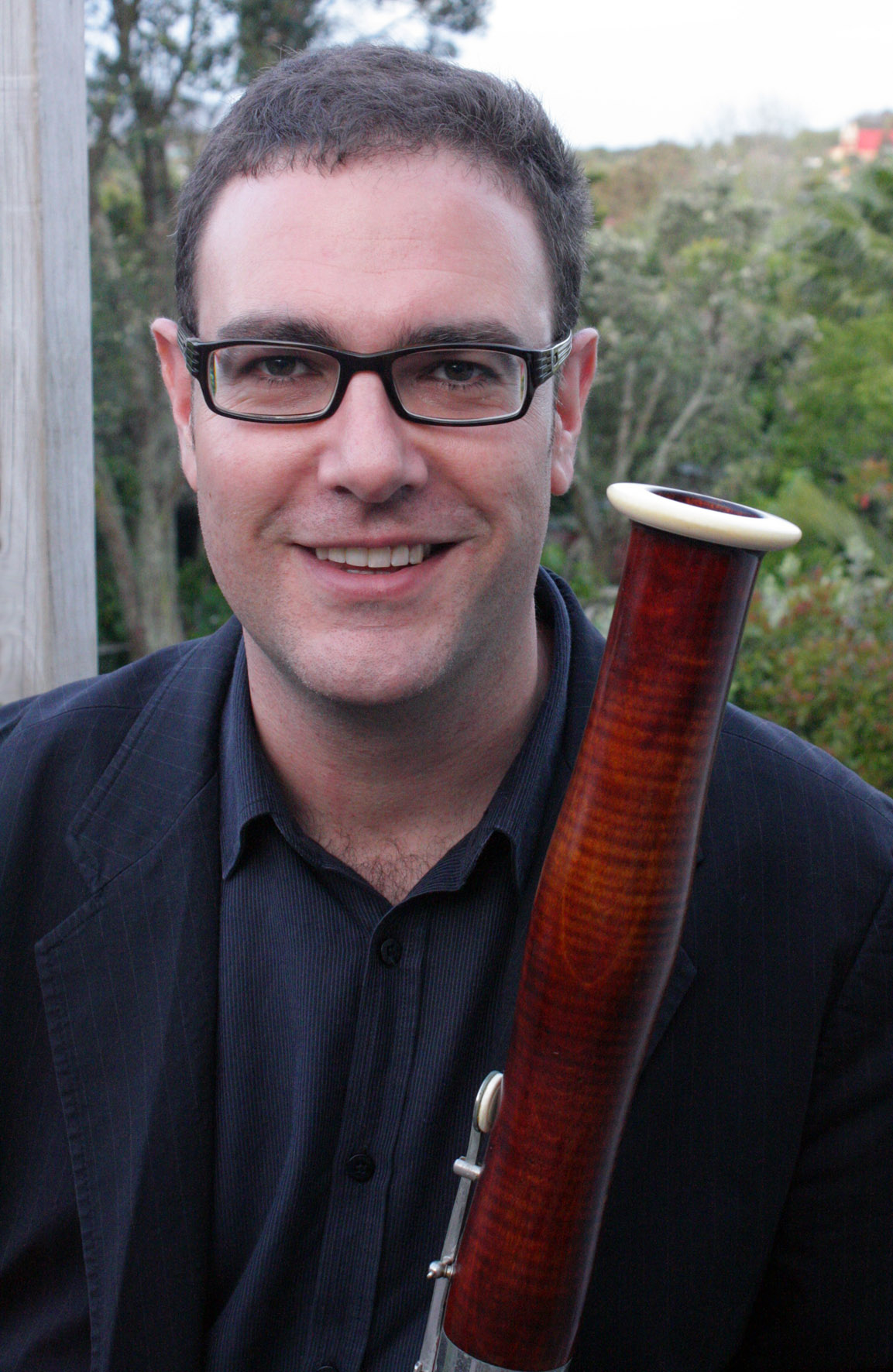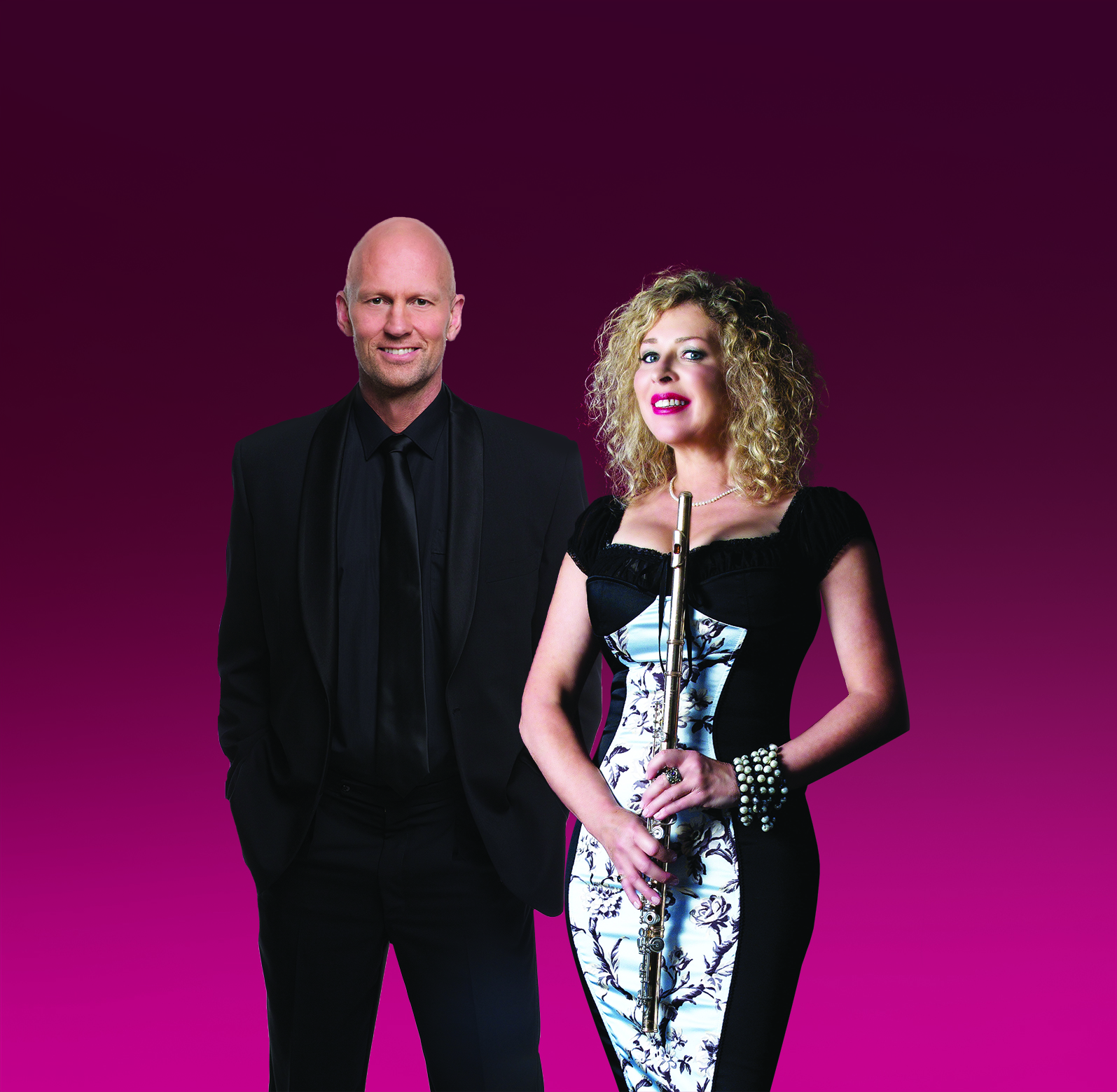Leonskaja Plays Mozart With The Australian Chamber Orchestra

Russian pianist, Elisabeth Leonskaja, is the unrivalled doyenne of the Russian old school, a formidably distinguished personality and one of the most celebrated pianists of our time. Later this month she undertakes a tour with the Australian Chamber Orchestra, performing Mozart’s Piano Concerto No.9 in E-flat major, K 271, ‘Jeunehomme’.
The Australian Chamber Orchestra under the guest direction of Roman Simovic, concertmaster with the London Symphony Orchestra, plays Beethoven’s String Quartet No.12, and Richard Strauss’ Sextet from Capriccio.
A pianist of vast experience and unshakeable integrity, Elisabeth Leonskaja she has earned the moniker ‘lioness of the keyboard.’ She follows in the footsteps of the great Russian musicians of the Soviet era, such as Oistrakh, Richter, Rostropovich and Gilels, who remained steadfast in their focus on music despite working under a grim political regime. Her playing reflects a pianism of the past in which musical gravitas eclipses showy technique and eccentric presentation.
Born in Tbilisi, Georgia, to a Russian family, Elisabeth Leonskaja was a child prodigy and gave her first concerts at age 11. Her exceptional talent took her to study at the Moscow Conservatory where she forged an enduring friendship and musical partnership with the late legend Sviatoslav Richter. When Israeli musicians realised the extent of her persecution as a Jew – the Soviet authorities having denied her the chance to perform in the West – she was offered Israeli citizenship; but in 1978 she decided to make Austria her home. Despite four decades living away from the land of her birth, she is unequivocal in affirming that her roots are fixed in Russia’s incomparable musical culture.
“If you speak Russian, if you are steeped in Russian culture, all your spirit, all your heart is different, and you hear differently. My first concert in the West was in Vienna, and all the reviews said things like ‘her playing of Mozart or Beethoven is so Russian,’ said Leonskaja.
Her performance at the Salzburg Festival in 1979 began her rapid ascent as a leading concert pianist in the West. Her adopted homeland honoured her artistry, and she was awarded the Austrian Cross of Honor, First Class, for her services to the cultural life of the nation – the highest award of its kind in the land.
Mozart’s Piano Concerto No.9, written when he was just 21. It is considered Mozart’s first real masterpiece, a musical coming of age. Alfred Brendel considered it “one of the greatest wonders of the world.” Beethoven’s String Quartet No.12, the first of his late quartets which heralded for him a new phase of intimacy and sophistication.
Click here to book.






